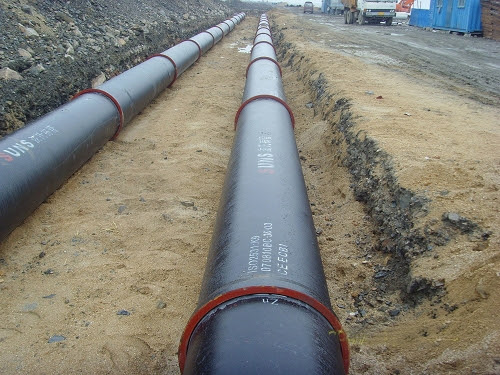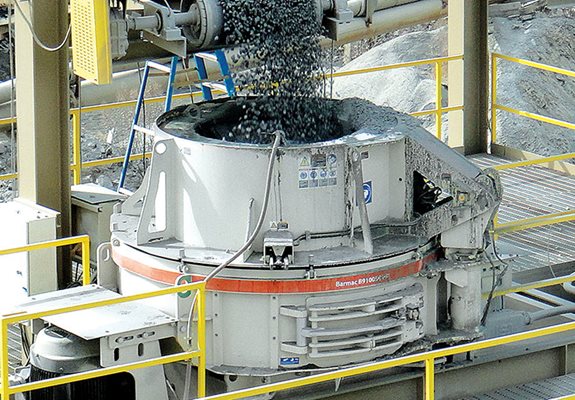Differences Between High-Strength Cast Iron and Wear-Resistant Cast Iron
2025-01-13 15:48:35 hits:0
1. High-Strength Cast Iron (e.g., Ductile Cast Iron):

Definition: High-strength cast iron is a type of cast iron that exhibits excellent strength and ductility. Ductile cast iron, also known as nodular cast iron, is a common example.
Key Characteristics:
- Strength and Ductility: Ductile cast iron features spherical graphite inclusions, enhancing tensile strength, yield strength, and impact resistance.
- Machinability: It offers good machinability, suitable for precision machining.
- Cost-Effectiveness: Compared to steel, ductile cast iron is more cost-effective.
Applications: Widely used in automotive engine components, machinery structural parts, and other applications requiring high strength and ductility.
2. Wear-Resistant Cast Iron (e.g., White Cast Iron, Hard Cast Iron):

Definition: Wear-resistant cast iron is a type of cast iron designed to have high hardness and wear resistance. White cast iron and hard cast iron are common examples.
Key Characteristics:
- Hardness: White cast iron and hard cast iron possess high hardness, making them suitable for wear-resistant applications.
- Brittleness: Due to their high hardness, these materials are relatively brittle and have lower impact resistance.
- Wear Resistance: They exhibit excellent wear resistance under abrasive conditions.
Applications: Primarily used in mining machinery, metallurgical equipment, crushers, and brake shoes—applications where wear resistance is critical.
Key Differences:
Performance Focus: High-strength cast iron emphasizes strength and ductility, suitable for high-load and impact-resistant applications. In contrast, wear-resistant cast iron focuses on hardness and wear resistance, ideal for abrasive environments.
Brittleness: High-strength cast iron generally has better ductility, while wear-resistant cast iron is more brittle due to its hardness.
Application Areas: High-strength cast iron is used in components subjected to high strength and impact, whereas wear-resistant cast iron is used in parts exposed to severe wear conditions.
Selecting the appropriate cast iron type depends on specific operational conditions and performance requirements.

 en
en  fra
fra  de
de  ru
ru  gle
gle  th
th  ara
ara  it
it  jp
jp  kor
kor  zh
zh 


